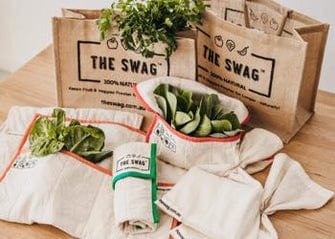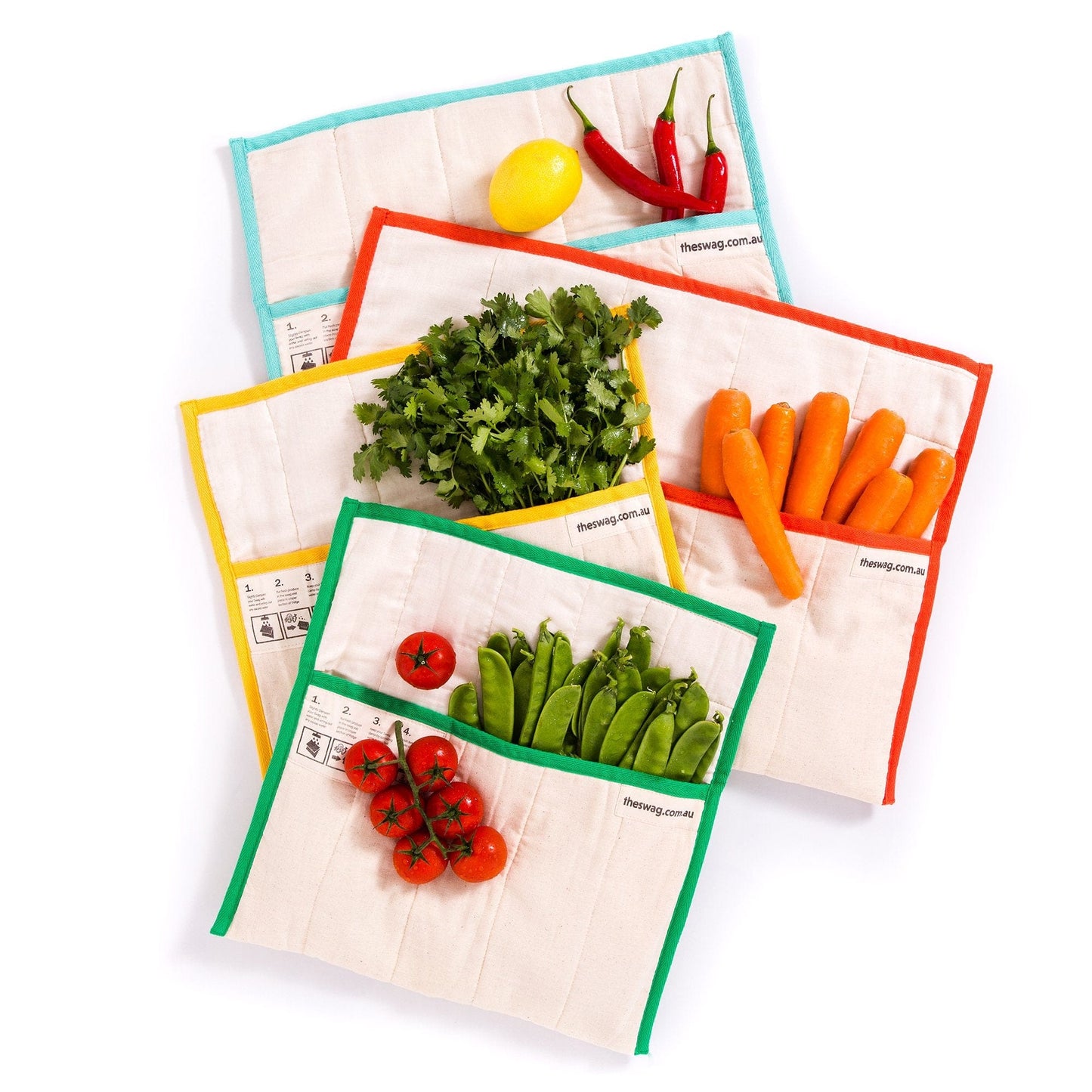Recent studies show that the amount of nutrients fruit and vegetables carry has declined in the past 70 years, threatening public health all over the globe and particularly for low-income earners. A study released in 2016 disclosed that in half a decade (1950 to 1999), 43 different crops experienced a change in 13 nutrients, and this includes household favourites like strawberries, watermelon, asparagus and snap beans. Proteins registered a change of 6% while riboflavin changed by 38%. Calcium dropped the most in leafy greens followed by iron. Models show that protein content in starch such as rice, potatoes, and barley is likely to decrease for another 6 to 14% by 2050. This is a potential danger for vegetarians but also hazardous to those who eat livestock that is fed on nutrient-poor vegetables.
What causes drops in nutrients?
There are various reasons why nutrients are decreasing in worldwide crops:
- The increase in crop yields - Agri-food companies demand higher crop yields by growing bigger crops and accelerating growth. By forcing plants to grow faster and not allowing them to follow their natural growth cycle, nutrients do not have as much time to be absorbed and synthesised evenly, and these nutrients are diluted throughout the extensive crops.
- Bigger crops and lack of crop rotation also lead to soil damage and nutrient-poor soil. Modern farming practices deplete soil from useful fungi which form a symbiosis with the roots of most plants on Earth.
- The rising level of carbon dioxide in the atmosphere has also impacted the level of nutrients in plants. When exposed to high levels of carbon dioxide, plants draw less water in, which means they stock fewer micronutrients.
What can we do?
If you have a garden and cultivate your own food, try regenerative farming techniques, or source your fruit and veg from regenerative farmers - your food will not only be nutrient-dense and tastier, but you’ll support local, family-owned businesses.
If you have the opportunity, compost your organic waste to create beautiful, healthy and nutrient-packed soil that contains three primary nutrients needed by garden crops: nitrogen, phosphorus, and potassium. Compost helps the soil absorb and retain nutrients, moisture, and protects plants from diseases and pests (which means fewer chemicals are needed!).
Finally, eating a wide variety of fruit and vegetables. The lack of certain nutrients in one type of food will be balanced by a large amount of vitamins in another.
How can The Swag help?
Have you ever noticed the tiny droplets of condensation that appear in a plastic bag when you store fruit and veg inside? Like every living thing, fruit and veg breathe, release ethylene and sweat. The condensation in your plastic bag is the water lost by your fresh produce, and contains the essential (and already reduced) nutrients necessary for your body to function. What’s more, plastic bags and plastic containers can leach toxic chemicals and microplastics into your produce, making it less nutritious and toxic in the long run! As we all know, The Swag has been scientifically proven to keep fruit and veg fresh, crisp and nutrients-rich for 2+ weeks. When stored in a non-toxic, unbleached, unseeded cotton and fully compostable Swag bag, fruit and vegetables don’t lose necessary moisture and retain precious nutrients, all plastic free!



